
This year’s Fibre February campaign sees UK adults encouraged to increase their daily fibre intake by eating products such as wholemeal bread.
The latest edition of the month-long, consumer-facing campaign – organised annually by trade body UK Flour Millers since 2017 – aims to raise awareness on the facts about fibre including its associated health benefits, as well as flour’s contribution to fibre.
UK Flour Millers is increasing its social media activity next month in support of the campaign and is increasing its reach through partnerships with organisations such as the British Nutrition Foundation, Food a Fact of Life, the Food & Drink Federation (FDF), and the Federation of Bakers.
One of the key statistics highlighted is that the average UK adult consumes less than 20g of fibre per day versus a recommended intake of 30g, something only one in three people know about according to FDF data.
“Fibre helps to keep our gut healthy and can help reduce constipation,” notes Dr Stacey Lockyer, a senior nutrition scientist at the British Nutrition Foundation. “A high fibre diet may help to reduce our risk of heart disease and stroke, type 2 diabetes, and colorectal cancer.
With the fibre intake in the UK well below recommendations in all age groups, Dr Lockyer proposes the regular inclusion of a variety of fibre-providing foods, such as wholemeal bread, wholegrain breakfast cereals, brown pasta or rice, fruit, vegetables, pulses, nuts, seeds, and potatoes with skins.
In addition to its own efforts, UK Flour Millers’ consumer-facing programme The Flour Advisory Bureau (known as FAB Flour) will share information and flour- and fibre-filled recipes on its website and social media channels. The programme states that 75% of women and 50% of men currently need to increase their fibre consumption.
“Fibre February is a fantastic campaign that not only promotes healthy lifestyles for people across the UK, but is also important to the flour milling industry,” said UK Flour Millers CEO Alistair Gale. “Many high-fibre products that we enjoy eating contain flour, so the hard work and dedication of flour millers truly nourishes the nation.”
Paula Papa, UK Flour Millers’ technical and regulatory affairs officer who has a MSc in food science, commented: “High dietary fibre intake is associated with increased gut microbiota diversity. Fibre can increase good bacteria and have anti-inflammatory effects. Our industry is appropriately placed to bridge the gap in fibre intake because although wholemeal wheat flour has the most fibre, all wheat flours contain fibre.”
UK Flour Millers welcomed changes recently confirmed by Defra to the Bread & Flour Regulations 1998, which included the introduction of a legal definition of wholemeal flour as well as an increase in the levels of calcium carbonate, iron, and niacin in non-wholemeal flour plus the addition of folic acid.



















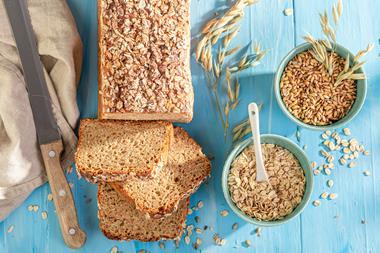
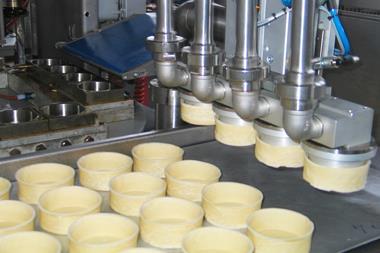
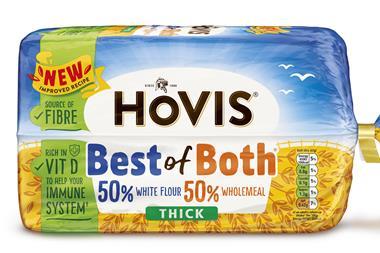
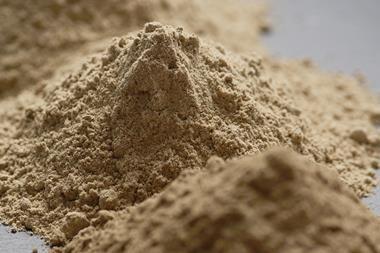
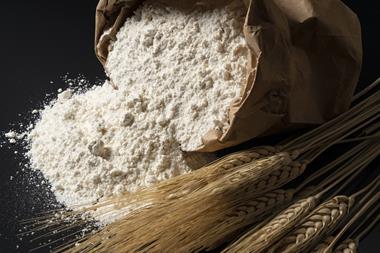
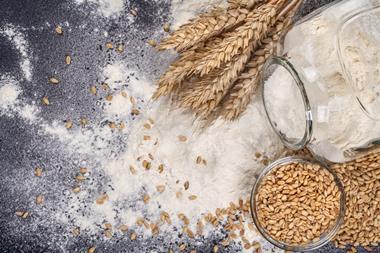


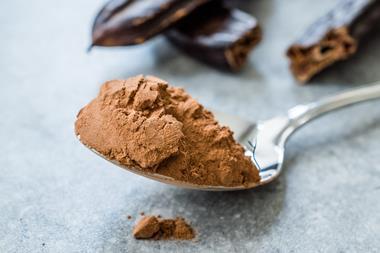




No comments yet